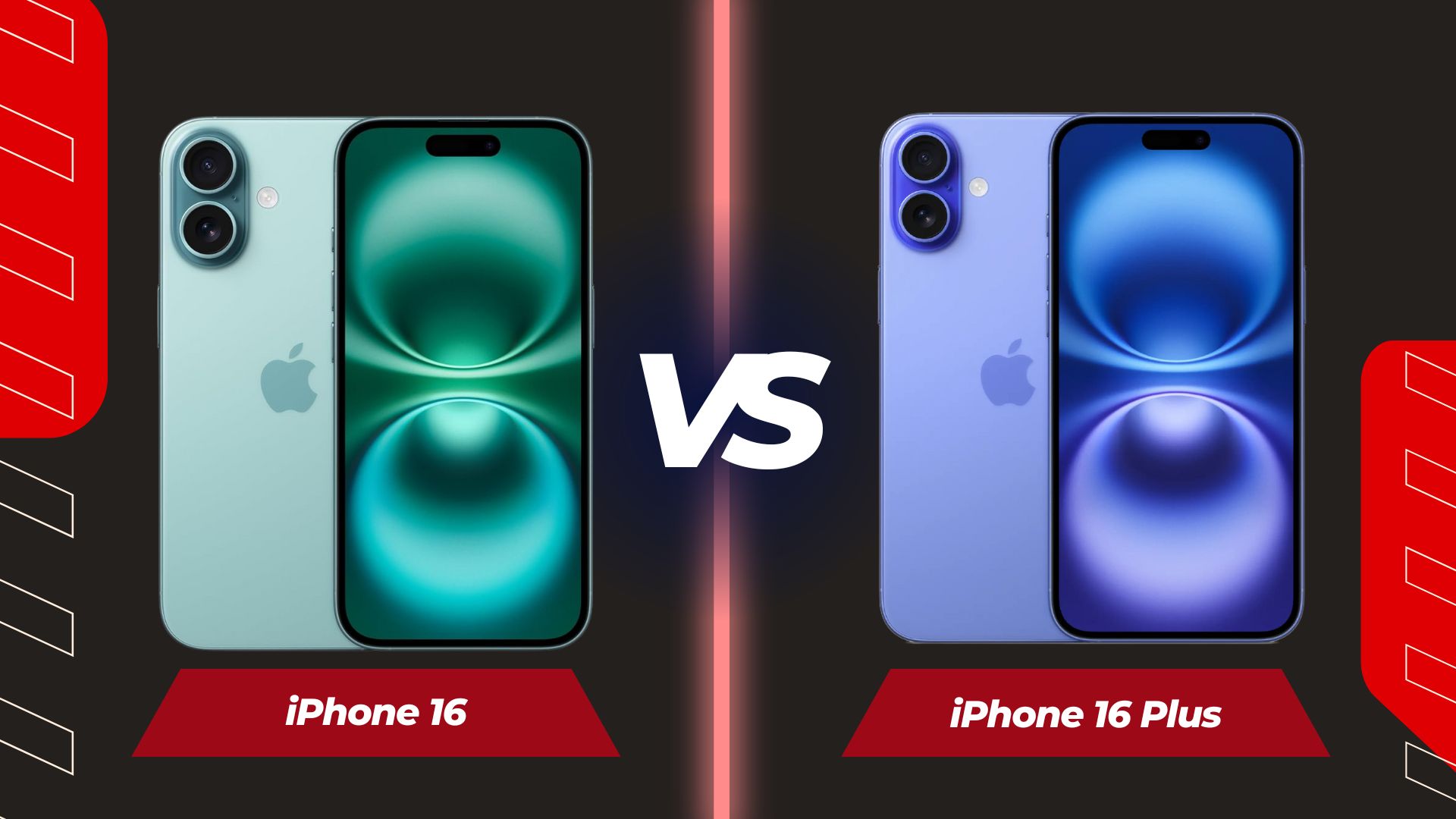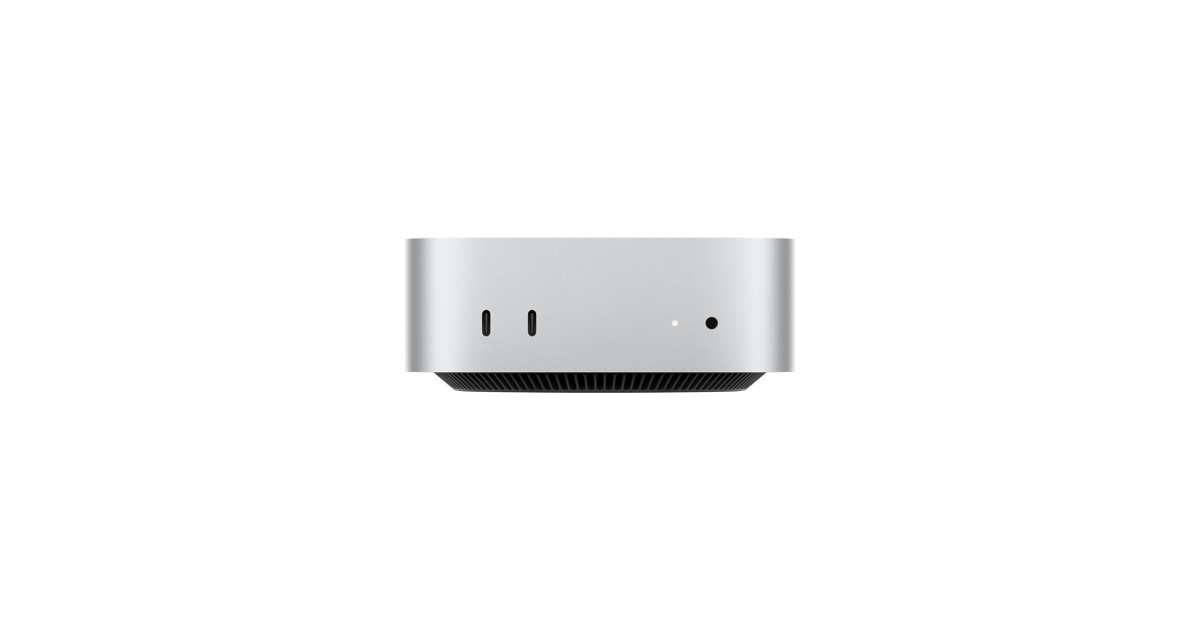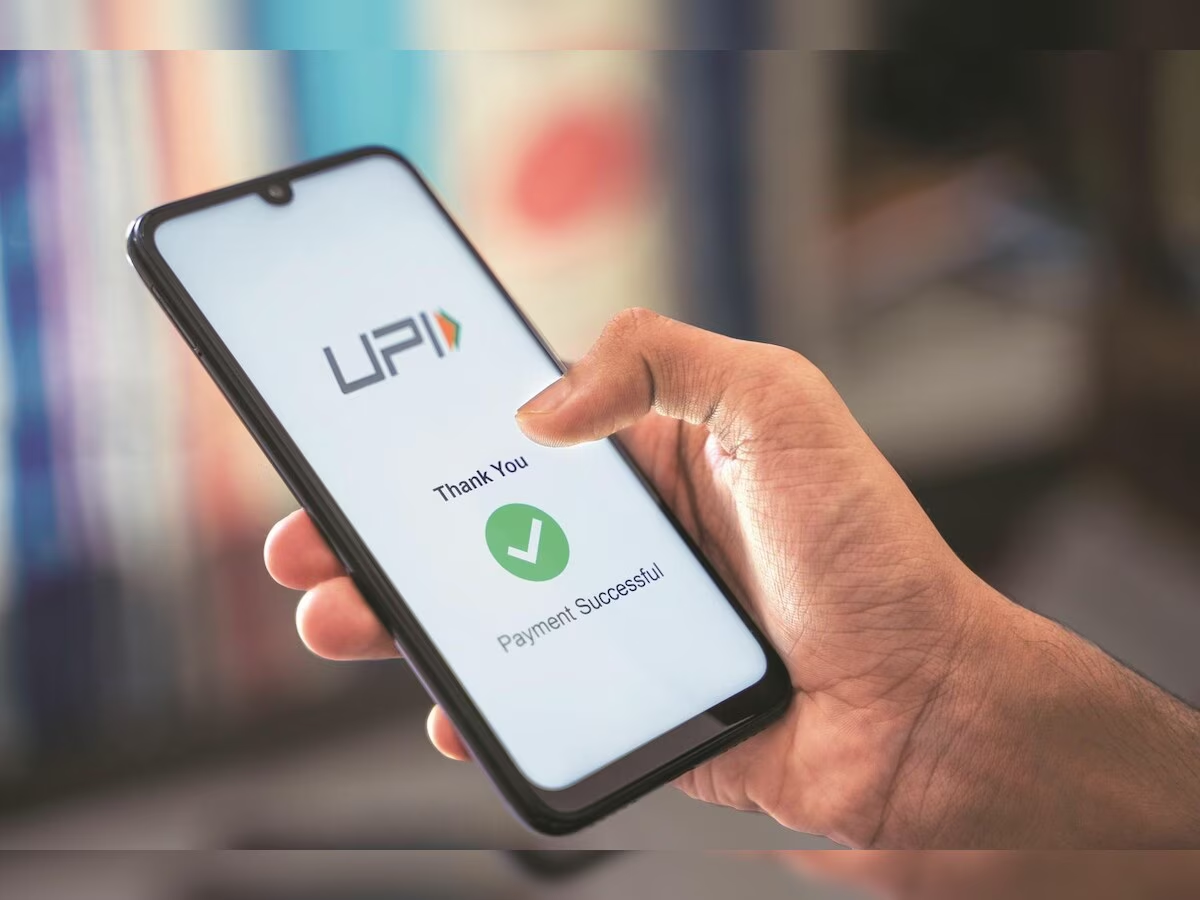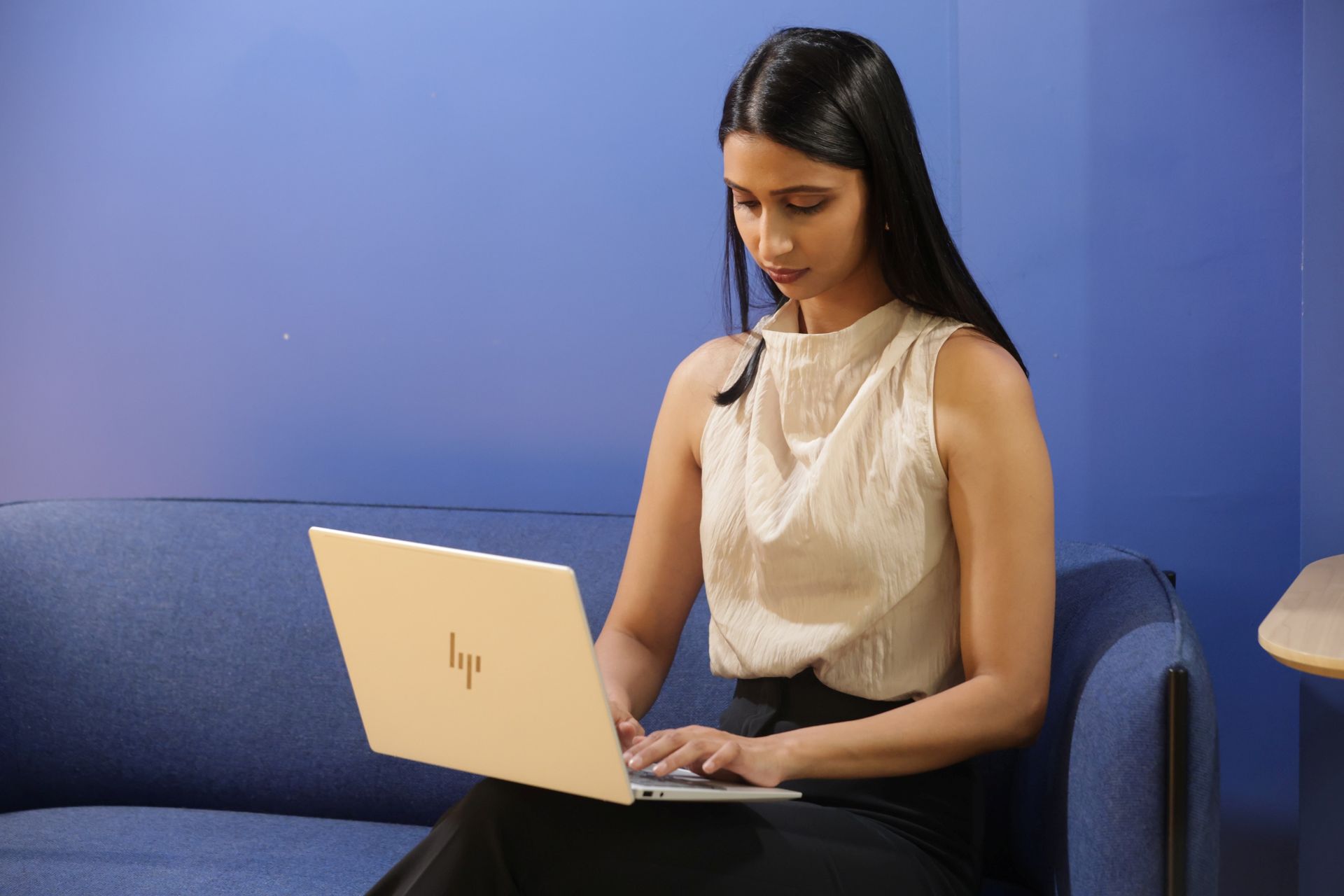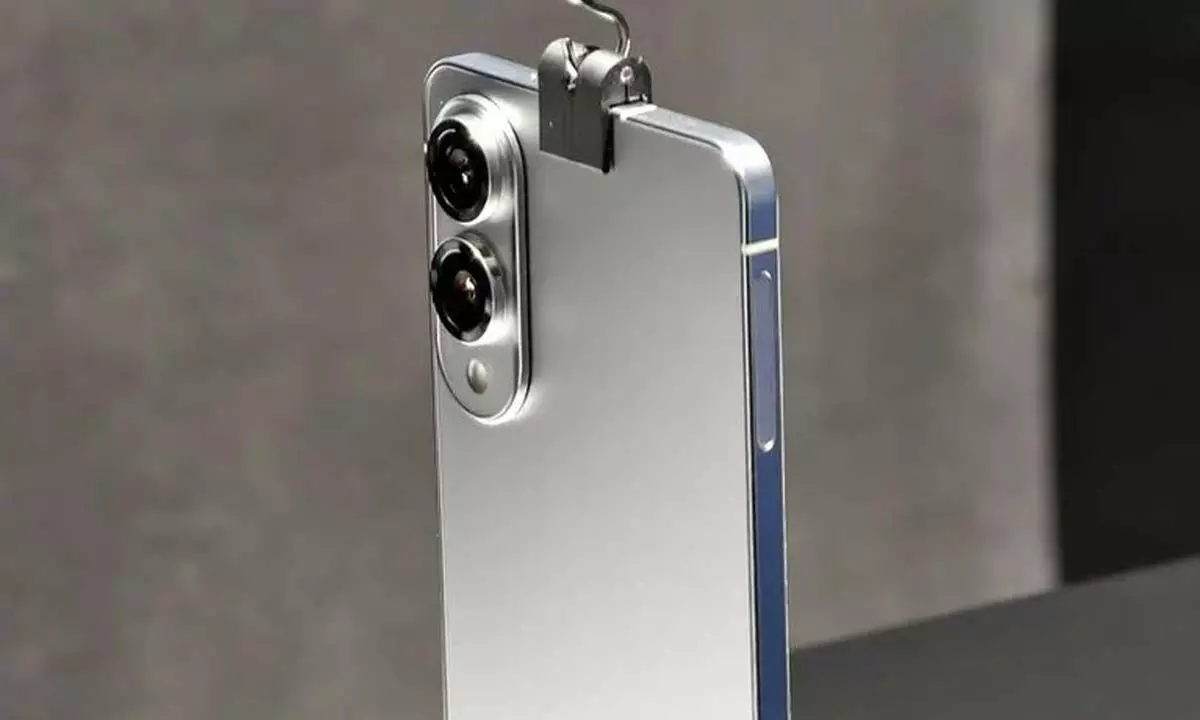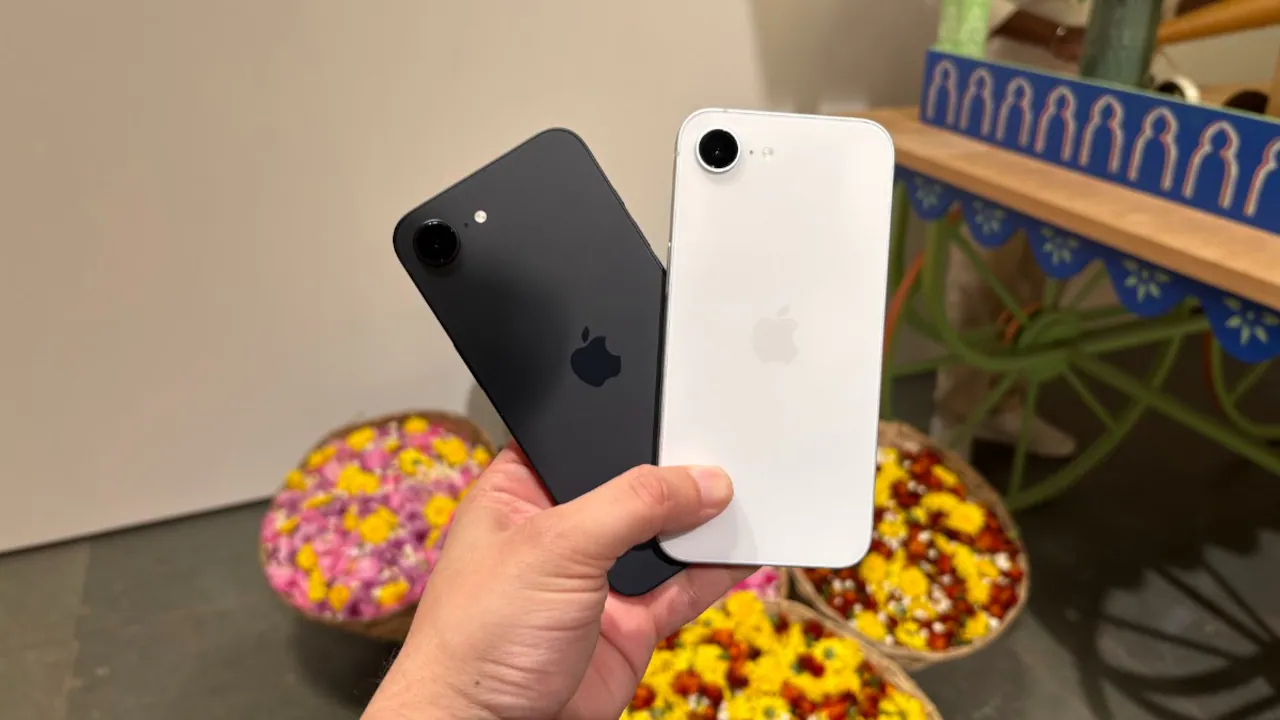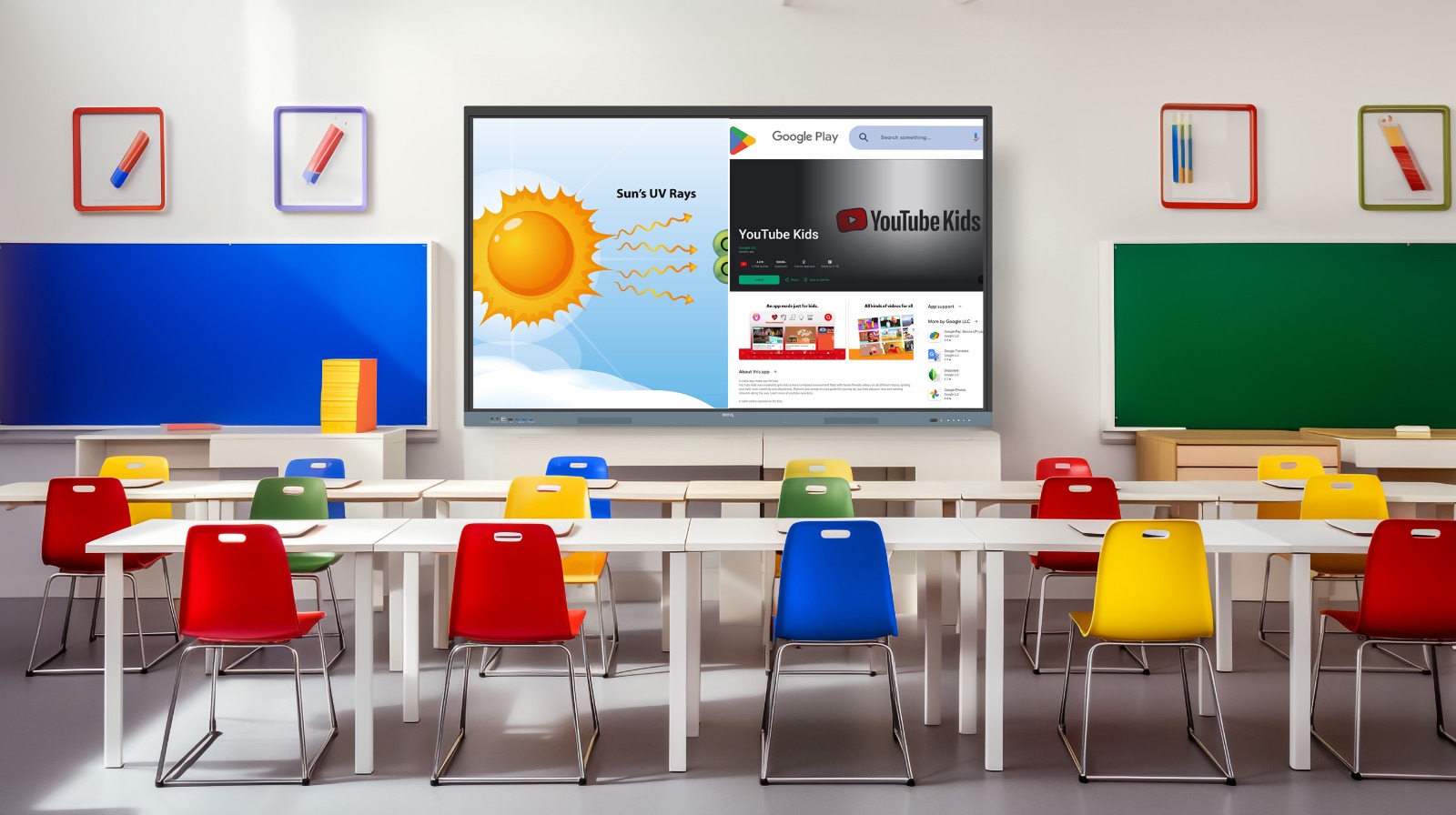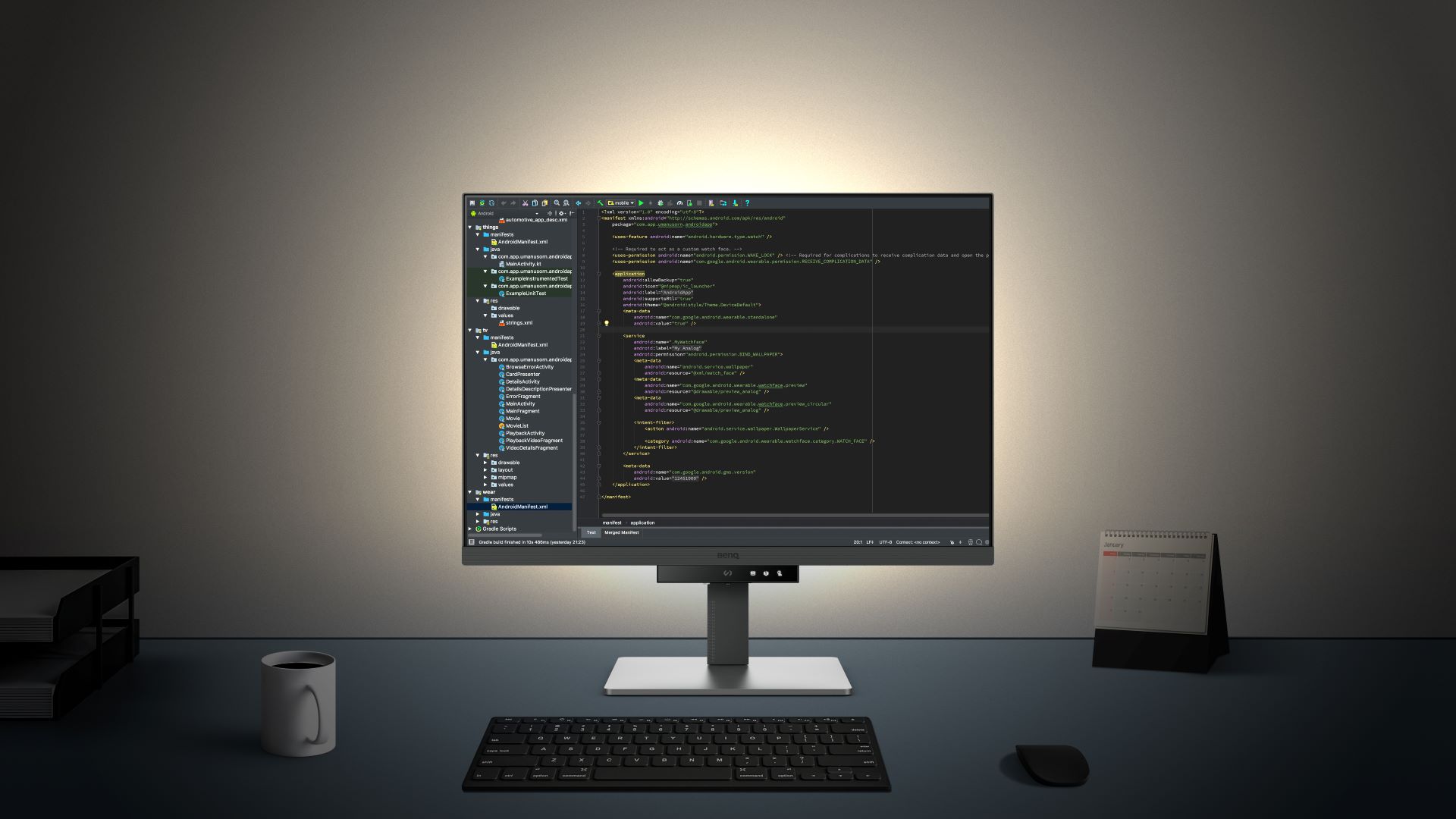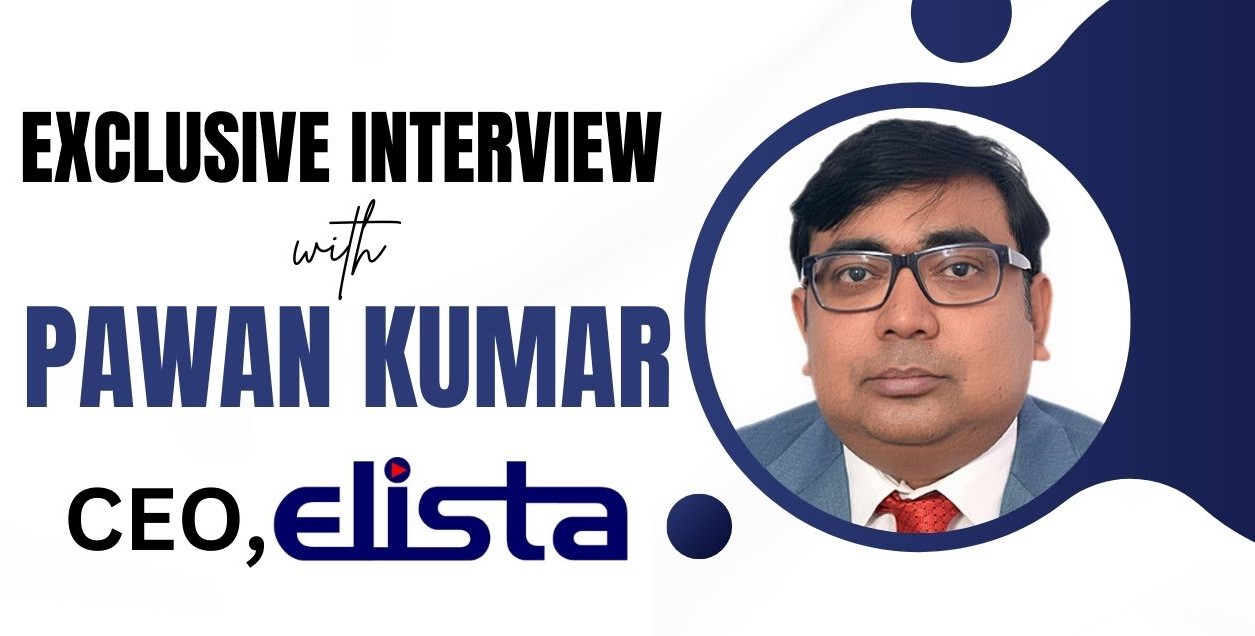Rajeev Singh heads BenQ’s operations in India as Managing Director. He has been associated with BenQ for over 11 years now. With over 23 years work experience, Rajeev has worked earlier with Motorola as Head of their high end phones business for India & South West Asia, Samsung as head of their IT Volume business for India, Canon as Head of their Printing business for India and Philips. Currently based at Gurgaon, Rajeev has worked out of Mumbai, Pune and Bangalore in some of his earlier stints.
Rajeev holds a Master’s degree in Business Administration from Narsi Monjee Institute of Management Studies (NMIMS), Mumbai and is an Electrical Engineer from Maulana Azad Institute of Technology, Bhopal. Rajeev loves to travel and has a penchant for electronic gadgets and automobiles.
We had a chance to interact with Mr. Rajeev and discuss a couple of things about BenQ India. This is how the interview went:
1. How do BenQ’s gaming monitors differentiate themselves from competitors in the market? What unique features or technologies set them apart?
BenQ’s gaming monitors differentiate themselves through cutting-edge technology and a focus on competitive gaming. Our ZOWIE sub-brand specializes in creating monitors for FPS players, offering industry-leading refresh rates up to 540Hz, exemplified by the XL2586X esports monitor.
BenQ has a long history of innovation in gaming monitors, having launched the world’s first RTS gaming monitor in 2011. Moreover, the brand prioritizes motion clarity with DyAc technology and fast TN panels, while also improving colour performance through Vivid Colour Film technology. This combination of speed and visual quality caters specifically to esports professionals’ needs.
By focusing on the specific needs of competitive gamers, such as superior motion clarity and fast response times, BenQ has positioned itself as a leader in the esports monitor market. Our approach of balancing speed with improved colour performance addresses a common criticism of high-refresh-rate monitors, making our products stand out in a crowded market.
2. As a sponsor of several major esports tournaments and teams, how has BenQ’s involvement impacted the growth of competitive gaming globally?
ZOWIE, which is a brand by BenQ that caters exclusively to the esports segment, has collaborated with many of the world’s most prestigious esports tournaments with the primary goal of providing the best competitive environment for professional players.
ZOWIE’s equipment, especially our monitors, has consistently enjoyed a high usage rate among professional gamers. This is because our product development is centred around player benefits and how to optimize player performance. Feedback is continuously taken from the athletes, and used to help improve the way they play during their matches. We also have a Human & Machine Innovation Lab where sports science is used to develop gaming gear that helps reduce muscle fatigue and deliver optimal performance.
We are honoured to contribute to the FPS esports ecosystem and to strive alongside the world’s top players.
3. What steps is BenQ taking to incorporate sustainable practices and materials into its product design and manufacturing processes?
BenQ has taken significant steps to incorporate sustainable practices and materials into our product design and manufacturing processes, demonstrating a strong commitment to environmental responsibility and user health. We have implemented ISO 14001 and OHSAS 18001 certifications, ensuring robust environmental and occupational health and safety management practices across facilities. This systematic approach helps BenQ maintain high standards in our operations and minimize our environmental impact.
In terms of waste management, BenQ focuses on recycling initiatives and waste reduction strategies that align with both local and international guidelines. This conscious approach aims to significantly reduce our environmental footprint throughout manufacturing and product lifecycle processes.
At the product level, BenQ prioritizes user health through innovative design features. Our displays incorporate flicker-free technology and blue light filters, which help reduce eye strain and potential long-term vision issues for users. A standout innovation is their germ-resistant screens, which utilize nano-ionic silver to combat microbe transmission. This technology is particularly relevant in shared environments and demonstrates BenQ’s proactive approach to user well-being.
BenQ’s sustainability efforts extend beyond our immediate operations, aligning with the United Nations’ Sustainable Development Goals. We specifically target goals related to good health, quality education, and sustainable innovation. This alignment showcases BenQ’s commitment to not only responsible production practices but also to making a positive contribution to society at large.
4. What does it mean for BenQ to be one of the first companies in India to receive Google’s EDLA certification for its smart boards, and how does this enhance the educational experience for users?
BenQ’s achievement in becoming one of the first companies in India to receive Google’s Enterprise Device Licensing Agreement (EDLA) certification for our interactive flat panels marks a significant milestone in educational technology. This certification fundamentally transforms the capabilities and functionality of BenQ’s interactive displays, positioning the brand as a pioneer in the Indian education technology sector.
The EDLA certification allows BenQ’s interactive flat panels to directly integrate Google Mobile Services (GMS), creating a seamless ecosystem of educational tools within the classroom. This integration includes direct access to essential Google applications such as Google Drive, Google Classroom, and Google Meet. For educators and students, this means a more streamlined and efficient learning experience, where all necessary tools are readily available within a single, cohesive platform.
One of the key advantages of this certification is the ability to download and utilize a wide range of educational applications directly from the Google Play Store onto the smart board. This feature significantly expands the potential for interactive and diverse learning experiences, allowing teachers to tailor their teaching methods to the specific needs of their students using a vast library of educational resources.
Security is a paramount concern in educational settings, and the EDLA certification addresses this by providing a secure environment for data management. The smart boards offer encrypted network communications and proxy-level security options, ensuring that sensitive educational data remains protected. This level of security is crucial for maintaining the integrity of the learning environment and protecting student information.
BenQ’s IFPs also come equipped with advanced collaboration tools that further enhance the learning experience. EZWrite 6, a feature-rich white boarding software, enables educators to create engaging lessons and utilize various specialized tools. Instashare 2, a wireless screen-sharing solution, allows multiple users to share and control their screens simultaneously, fostering a collaborative and interactive learning environment.
Inclusivity is another key focus of these EDLA-certified IFPs. Features such as Text-to-Speech for visually impaired students, multilingual translation capabilities, and Optical Character Recognition (OCR) ensure that the technology caters to a diverse range of learning needs. This inclusivity is crucial in creating an equitable learning environment where all students can participate fully.
BenQ has also prioritized health considerations in the design of these smart boards. The inclusion of Eyesafe® Certified screens helps reduce harmful blue light exposure, which is particularly important given the increasing screen time in modern classrooms. Additionally, the integration of air quality sensors allows for monitoring of the classroom environment, contributing to a healthier learning space.
In essence, BenQ’s EDLA certification represents a significant leap forward in classroom technology, offering a comprehensive solution that addresses the diverse needs of modern education. It enhances the educational experience by providing an integrated, secure, and inclusive platform that empowers both educators and students to explore new dimensions of interactive learning.
5. Can you elaborate on BenQ’s specific CSR initiatives aimed at improving access to quality education in rural and underserved areas of India? What are the key focus areas and goals of these programs?
BenQ’s Corporate Social Responsibility (CSR) initiatives in India are primarily focused on improving access to quality education in rural and underserved areas. These programs aim to bridge the digital divide and enhance learning opportunities for students in marginalized communities. A key partnership in this effort is with Sonam Wangchuk’s Himalayan Institute of Alternatives, Ladakh (HIAL), where BenQ is providing Google EDLA Certified interactive flat panels and projectors to equip students in the Himalayan region with cutting-edge educational tools. Additionally, BenQ regularly collaborates with the Ranjit Disale Foundation to improve educational standards in rural areas, targeting schools in Maharashtra and Jharkhand. We have already installed interactive flat panels in 20 Zila Parishad schools in Solapur, Maharashtra, with plans to expand to more schools.
These initiatives go beyond merely providing technology; they represent a transformative step towards creating dynamic and immersive learning environments. The interactive displays serve as gateways to a world of information, enabling students and teachers to access digital content, collaborate on projects, and engage in innovative learning methods previously unavailable to them. By levelling the educational playing field, we aim to allow students in rural areas to access the same quality of education as their peers in more affluent regions.
The goals of these programs include improving digital literacy, enhancing teaching methodologies, providing access to a wider range of educational resources, preparing rural students for the digital future, and contributing to the overall development of rural and marginalized areas through improved education. Through these comprehensive efforts, BenQ is working towards creating a more equitable educational landscape in India, where geographical location does not limit access to quality learning resources and opportunities.


